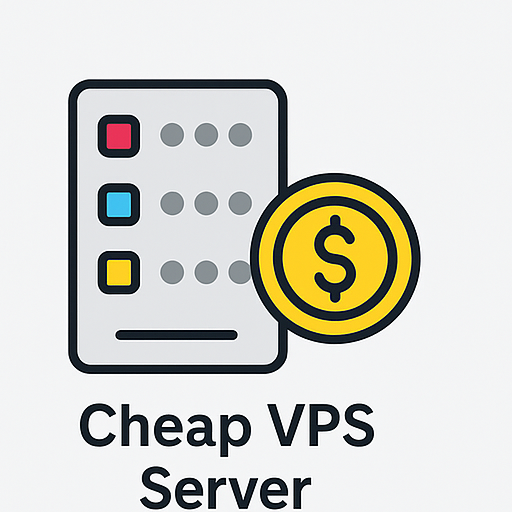
Introduction
Hosting space is a critical resource when managing websites. Because this space is often limited, it’s important to use it efficiently. One of the main challenges website owners face is identifying and removing unnecessary files to free up disk space. This guide will walk you through effective methods for managing hosting space and cleaning up clutter using cPanel.
Why Managing Hosting Space Matters
Proper hosting space management helps avoid common issues such as:

Cheap VPS Server
Starting From $2.99/Monthly
- Slow website performance
- Server errors due to lack of storage
- Downtime for email or website services
- Increased hosting costs
Tools in cPanel for Managing Hosting Space
cPanel offers several built-in tools for monitoring and managing disk usage:
1. Disk Usage
This tool provides an overview of how much space each folder is using:
- Log in to cPanel
- Go to the Files section and click on Disk Usage
- View a list of folders and the amount of space each one occupies
2. File Manager
Use File Manager to manually delete unnecessary files:
- Navigate to File Manager
- Browse through your directories (e.g.,
public_html,logs) - Right-click files or folders and choose Delete
3. Email Disk Usage
Emails can take up significant storage. To manage them:
- Open Email Disk Usage
- Identify and delete old or large emails
- Move important emails to external storage if needed
How to Identify Unnecessary Files
1. Review Disk Usage Reports
Use the Disk Usage tool to locate large files and folders. Decide whether they are still needed.
2. Check for Old Backups
Old backups are a common reason for full storage:
WordPress Web Hosting
Starting From $3.99/Monthly
- Navigate to Zálohování in cPanel
- Delete any outdated or redundant backup files
3. Locate Cache Files
Cache files from CMS platforms or plugins can accumulate over time:
- Clear cache using your CMS’s settings (e.g., WordPress plugins)
- Delete cache folders manually via File Manager (
/wp-content/cache/)
Methods for Cleaning Up Unnecessary Files
1. Remove Temporary Files
Temporary files are often safe to delete:
- Locate temp directories or unused install files
- Delete them using File Manager
2. Delete Error Logs
Error log files can grow large over time:
- Go to File Manager
- Locate files like
error_log - Delete unnecessary log files
3. Clear Out Emails
Free up space by deleting large or outdated emails. You can also configure auto-deletion for old messages.

Need Affordable VPS Hosting
Starting From $3.99/Monthly
⚡ Fast Delivery | 🏅 25+ Data Centers
Back Up Before Deleting
Always create a full backup before deleting any files. This ensures that you can recover your data if something goes wrong.
Tips for Efficient Hosting Space Management
- Regularly review Disk Usage reports
- Store backups on external drives or cloud storage
- Remove outdated or unused files and folders
- Use optimization plugins or tools
Conclusion
Managing your hosting space is essential to ensure your website runs smoothly. With the tools and strategies available in cPanel, you can efficiently clean up unnecessary files and prevent issues related to full disk space.

